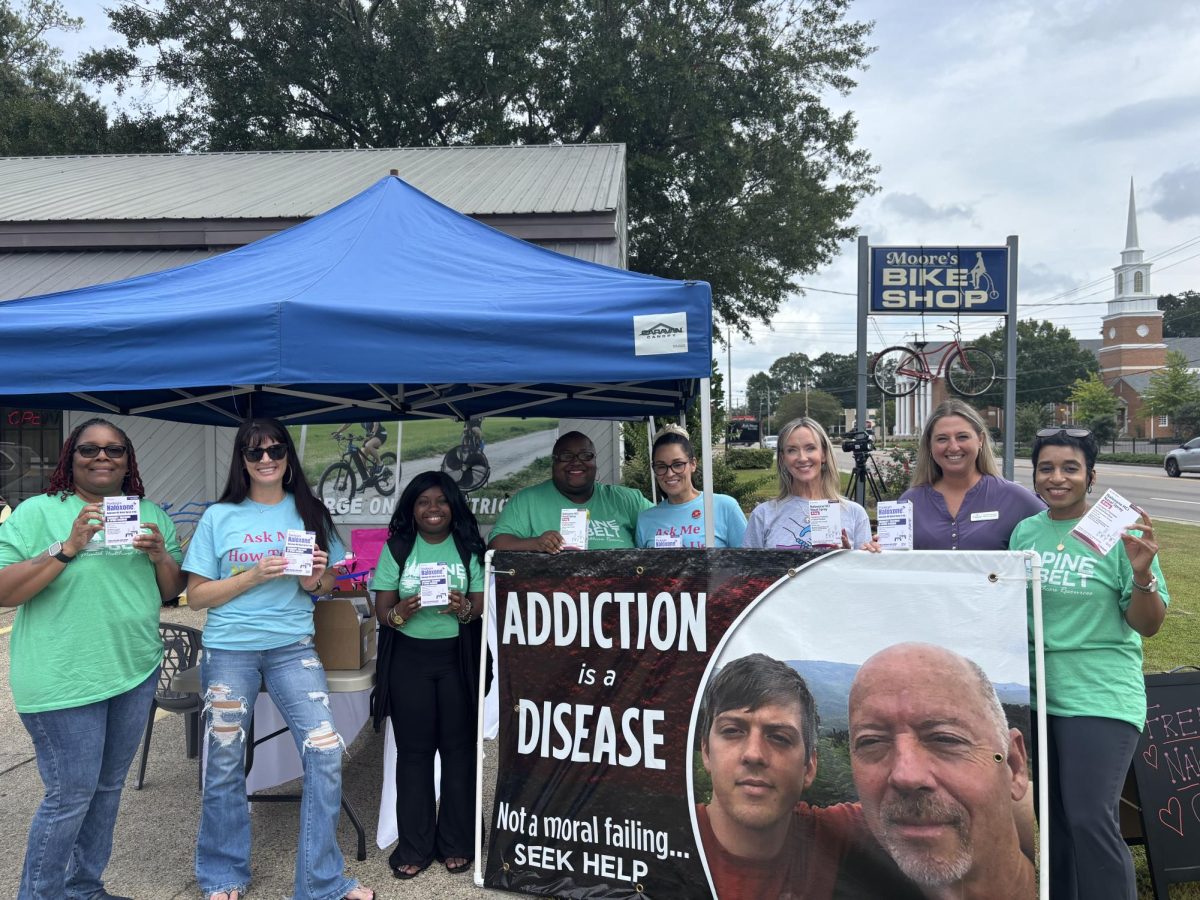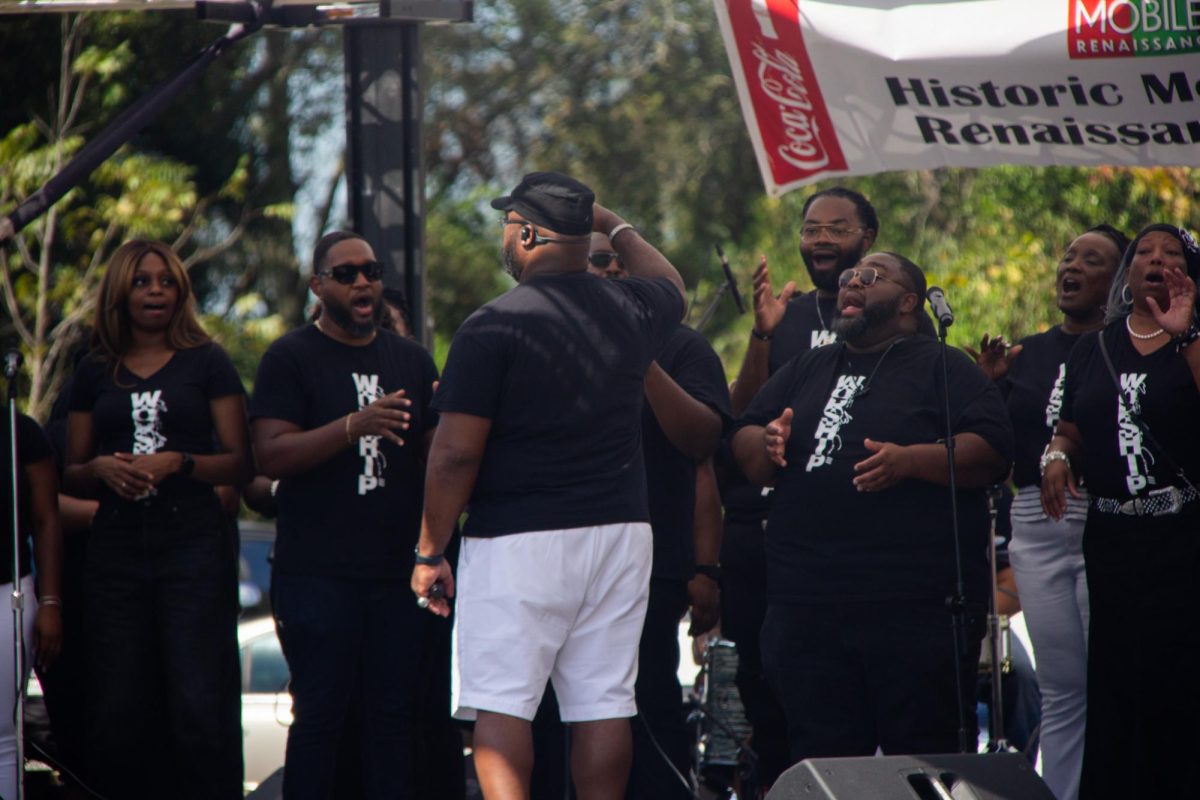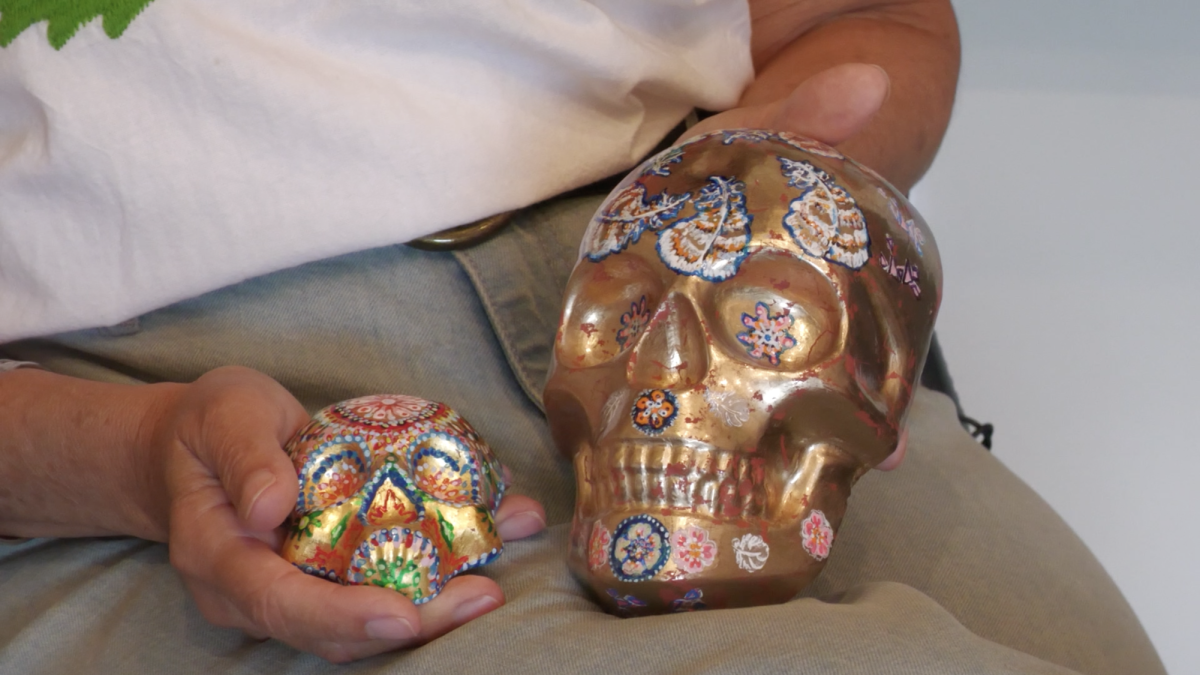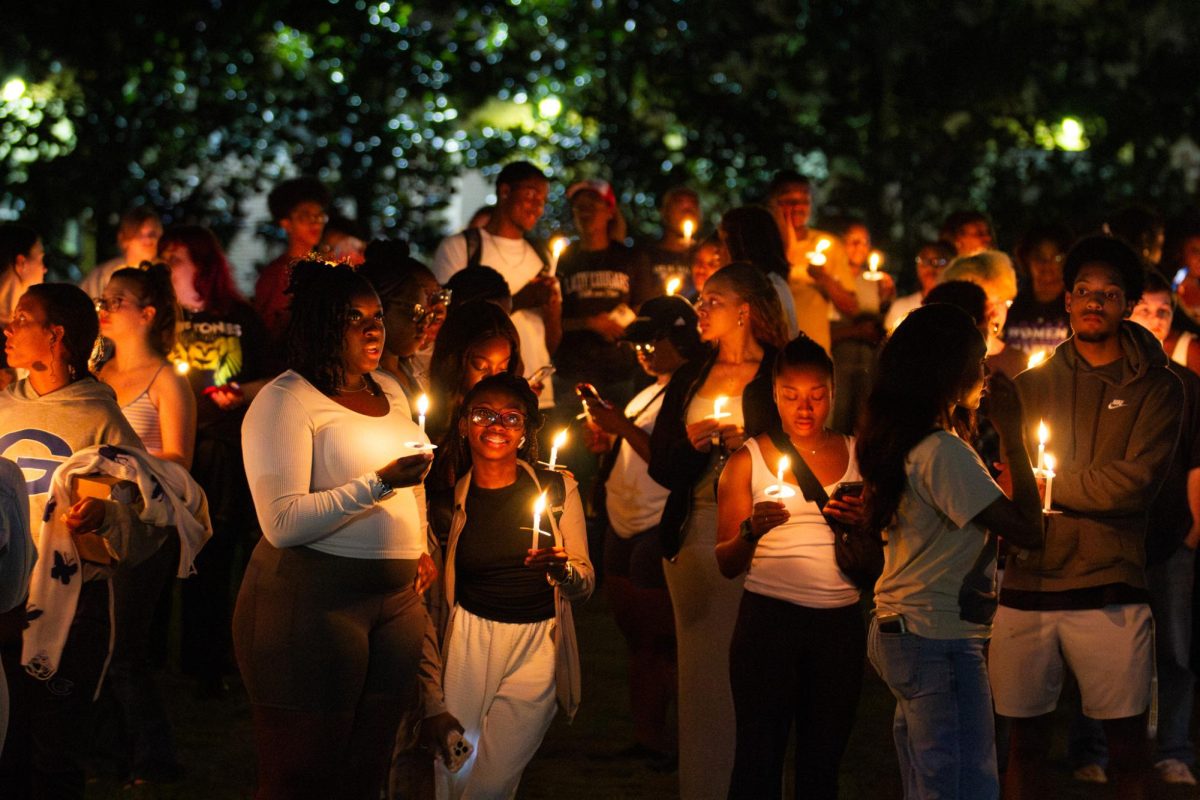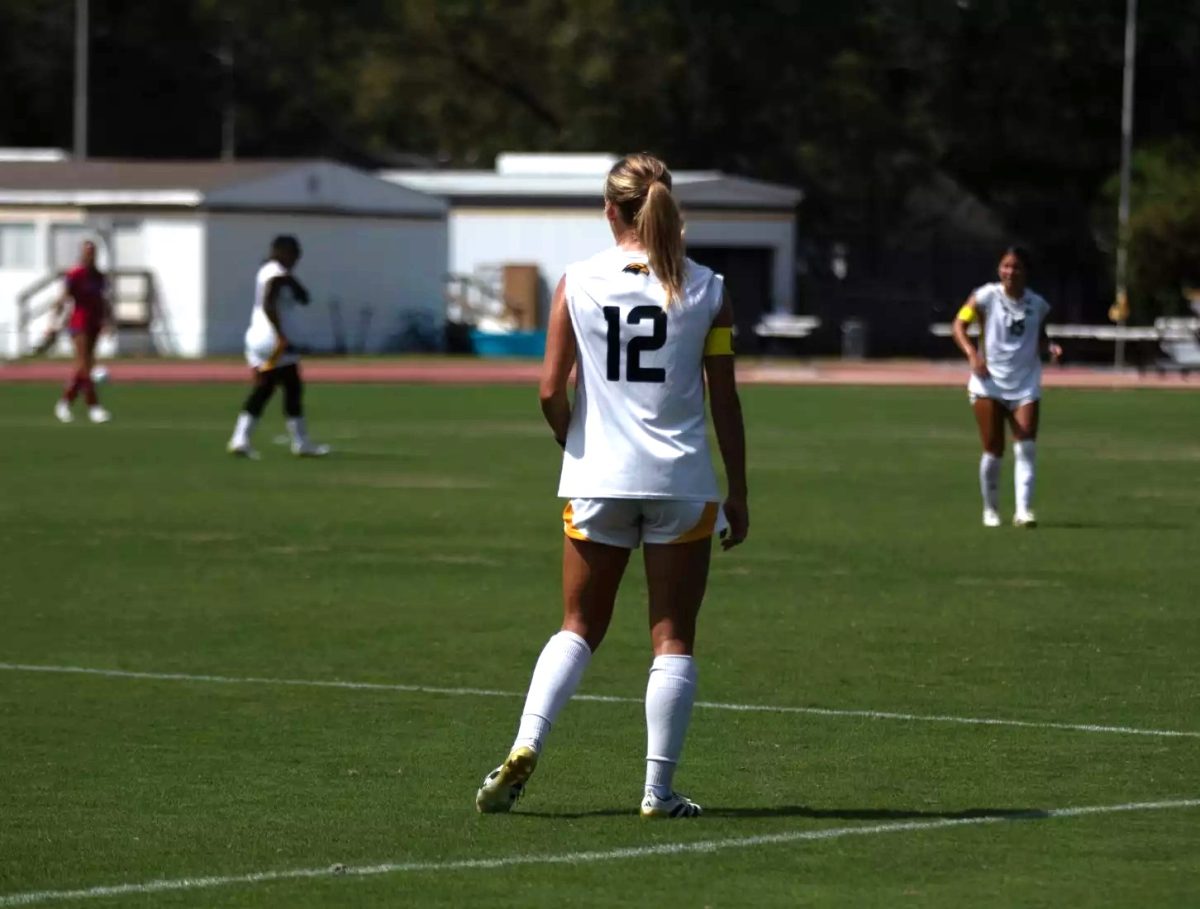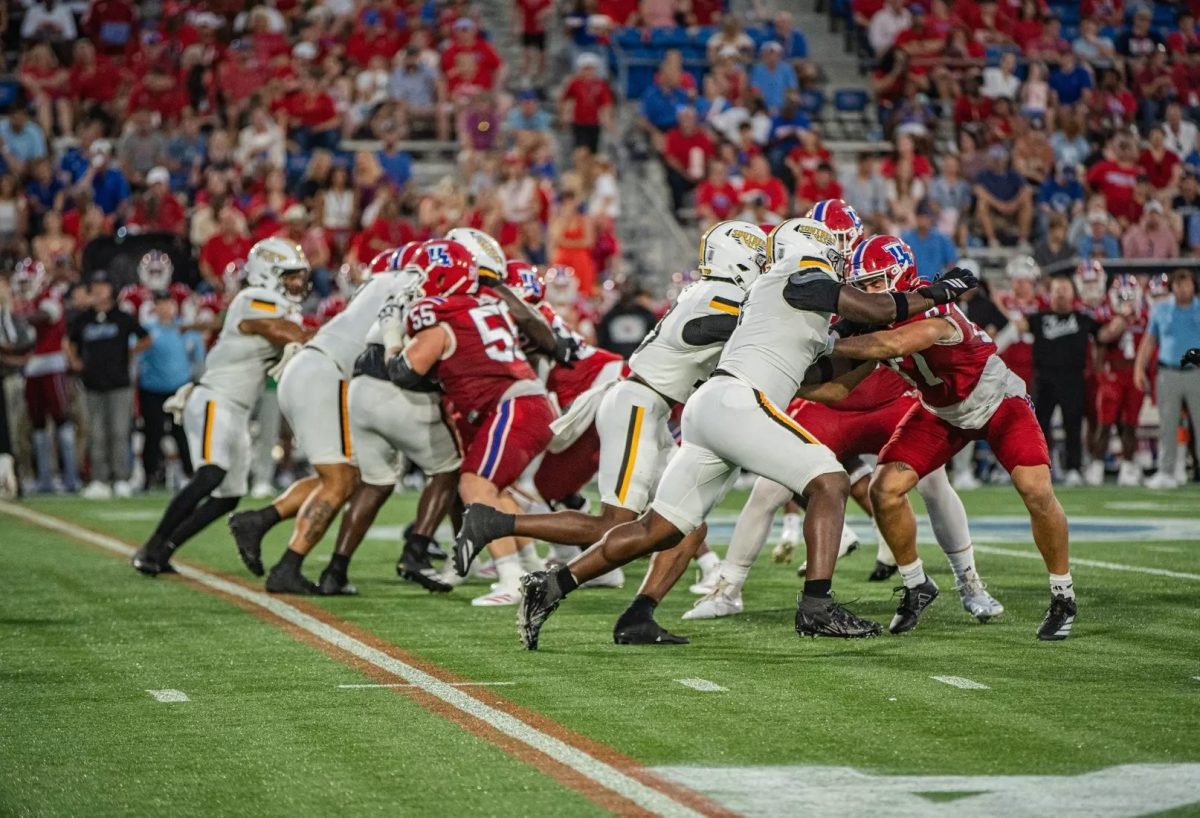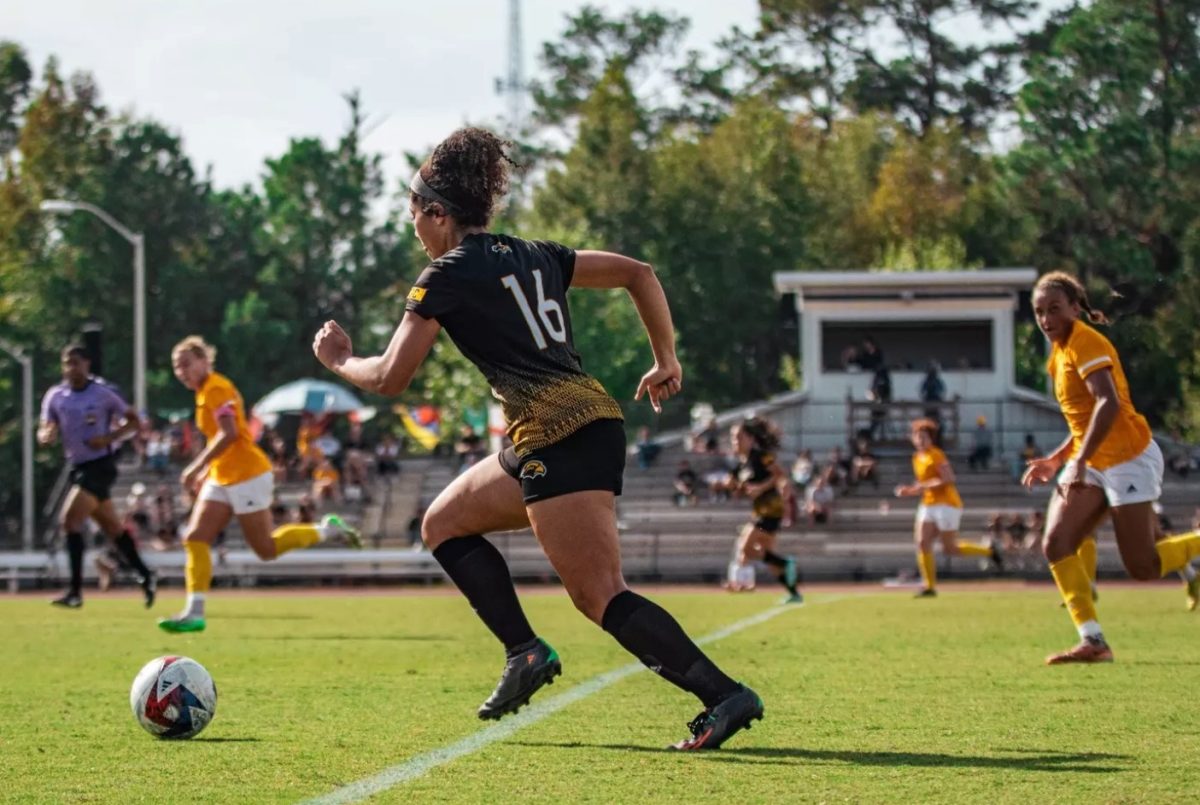The Carnegie Institution of Higher Learning classifies universities into different categories based on different factors. For 2026, the University of Southern Mississippi will be submitting an application for a reclassification of Carnegie Community Engagement.
A university can either have the Carnegie Community Engagement designation or not depending on the impact of the university on their community. This is different from the Carnegie Research Classification, which divides doctoral universities into R1, R2, or D/PU depending on the research activity. USM is Carnegie Community Engagement designated as of this year.
Dr. Christy Kayser, who is the director of the Center for Community Engagement, explained what it means for a university to be Carnegie designated in Community Engagement. “What that means is that your institution, if you are classified that way, has a strong reciprocal partnership with the community around you and that you are building students’ capacity to address social issues and understand social issues, and be involved with community needs.”
Southern Miss first received the Carnegie Community Engagement classification in 2010. The university was reclassified in 2020 and will be applying for another reclassification in 2026. The difference in the timing of the change of reapplication is because the timing of reapplication has changed over the years.
According to Kayser, Southern Miss has a good chance of reclassification and will probably be reclassified again in 2026. “The documentation is extensive. The reclassification requires that you have a lot of data about what you are doing as an institution and that you have authentic partnerships in the community. The bar is pretty high, but we have some really strong partnerships and we have improved since our last classification. So I am very optimistic and hopeful.”
The Carnegie Community Engagement designation helps the university by letting the institution know that it is doing a good job with its community engagement and outreach. The designation also alerts the public that the university is helping the community and is not using community needs to benefit itself.
According to Kayser, not getting the designation would also not hurt the university because it would then alert the university of its shortcomings. It would also not hurt the enrollment numbers because the Carnegie Community Engagement designation is not what students are actively looking for. It would instead alert the university that there are not enough community engagement opportunities for the students and would provide an opportunity for betterment.
Dr. Wei Wang has been appointed by the provost’s office to look at the university’s application and point out its strengths and weaknesses. The Carnegie Reclassification application also has a reclassification made of people in different fields that work closely with the community.
The application consists of the documentation of service learning, community engagement, community advisory councils, outreach activities, student engagement opportunities, and free or low-cost service to the community.
The Carnegie Community Engagement is important for the university because it demonstrates the university’s benefits to the public, evaluates teaching practices, examines the university’s engagement with the community, and distinguishes the university from other universities.


